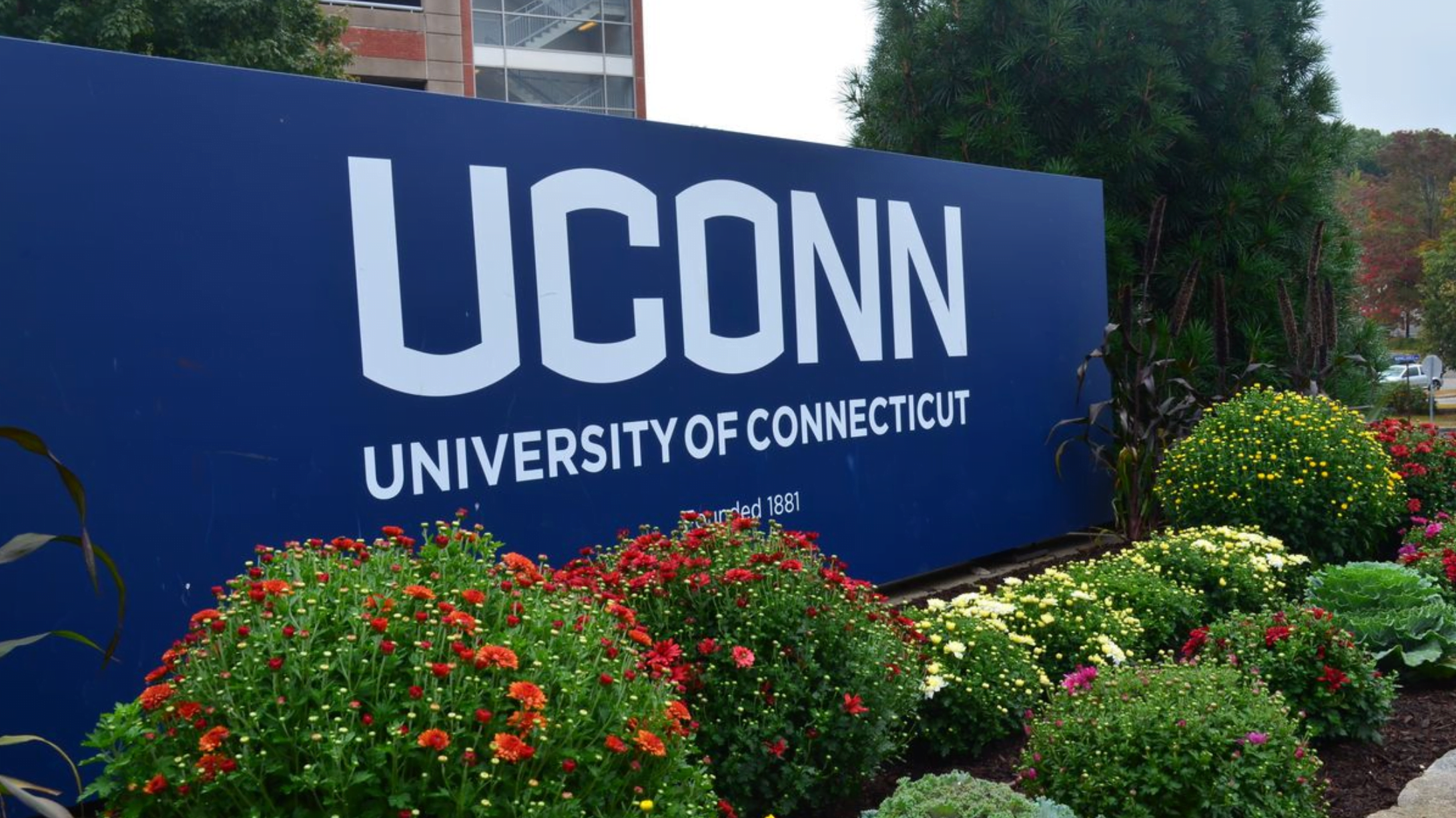
Campus officials begin to tally financial impact of virus shutdown
One of the immediate challenges that campuses across the country are facing as a result of the spread of the COVID-19 virus is how to move students off campus. This has also led institutions to determine how to issue room and board refunds to residential students who will no longer be utilizing those services.
The University of Connecticut is the latest to announce that it will be issuing refunds to its residential students who can no longer call their campus home.
According to an official university release, UConn students will receive pro-rated refunds for housing, dining plans, and Study Abroad programs that were discontinued due to the coronavirus pandemic.
This week, UConn's Board of Trustees gave administrators the authority to make the reimbursements, which consists of several thousand dollars for many on-campus residential students. The payments will be credited on the fall semester’s fee bills, while students who graduate or don't return to UConn for other reasons will receive refunds.
The comprehensive release also details early projections for the financial impact that the virus shutdown will have on the university.
The room and board refunds are estimated to cost about $30 million and will be pro-rated amounts from the time when students could no longer use housing and dining services, or approximately seven weeks dating from March 23 forward. For students whose room and board were covered either partially or in full by financial aid, the money will return to the student's financial aid and scholarship accounts for future use.
At UConn Storrs and its regional campuses, the refunds represent roughly $32 million in expenses, combined with an estimated $6.7 million in lost revenue from cancelled events like athletics, conferences, and performing arts. UConn also expects to have at least $400,000 in additional costs directly related to COVID-19 preparation and response.
Individual room and board refunds will range from $1,600 to $3,200 for students on the Storrs campus, depending on which campus housing option they chose; and between $1,200 and $1,400 for dining plans. Students who lived in UConn's Stamford campus residence halls will be refunded between $2,800 and $3,100.
Most UConn employees are telecommuting, and students have been sent home from residence halls. UConn has, however, allowed exceptions for international students, those who have family members that are immunocompromised, and others with specific circumstances. In total, roughly 1,200 students have been allowed to remain in their Storrs residence halls based on these exceptions.
UConn officials are already projecting potential revenue loss across its campuses in the upcoming 2020-21 academic year, which is expected to range anywhere from $18 million to $70 million based on the potential for restricted international enrollment.
That enrollment hit could depend significantly on whether UConn loses only potential incoming international freshmen, or if it includes current UConn students who had returned to their home countries and either cannot or do not return for the next academic year.
UConn also reports that the current financial impact is estimated at nearly $134 million for the current semester across the flagship Storrs campus, UConn regional campuses and UConn Health. That number includes a roughly $101 million loss related to postponed elective surgeries conducted by UConn Health, which is now refocusing its efforts toward serving the state and its residents during the pandemic.




